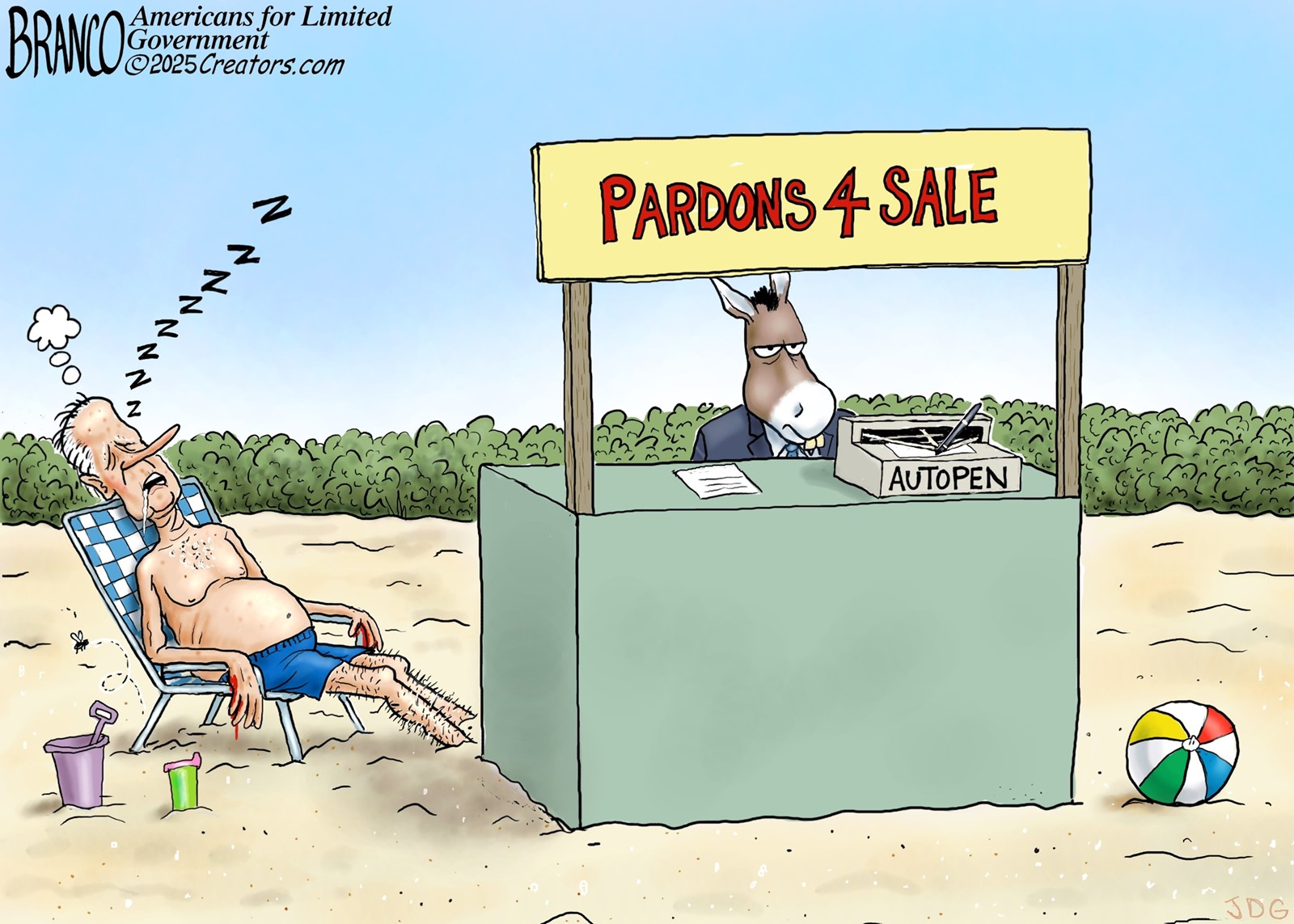The nation’s $36 trillion debt can’t be dismissed. Our children’s children deserve better.
That’s why Vice President JD Vance’s tie-breaking vote to keep the government downsizing on track is painfully necessary.
“When you’ve got a $36 trillion debt, we have to do something to get spending under control,” said Senate Majority Leader John Thune, R-S.D., after the push to pass $9 billion in cuts remained on the table Tuesday night.
The debate is far from over; manageable debt is not only fiscally prudent, it’s critical to our national security. “The national debt has become America’s second mortgage,” The Heritage Foundation warns.
It’s a persistent issue, but it’s time to peel this onion.
“The consequences of a debt-induced financial crisis would be dire, and government officials would be wise to reduce the risk of such a crisis occurring,” the Wall Street Journal’s William Glaston writes.
The Trump administration is betting on tariffs and economic growth to help trim the deficit, but others don’t see it that way. This means any talk of cutting must be taken seriously.
For starters, the federal government must get out of the media business. Cuts to the Corporation for Public Broadcasting must remain.
As we’ve argued before, the marketplace should decide where taxpayers’ dollars are best spent. Does GBH look like a must-have?
Salaries & compensation
$105.9 million
Number of employees
1,379
Top paid
• CFO Irvin A. Alexander, $957,073
• President & CEO Susan Goldberg, $757,264
• COO Shane Miner, $550,255
• Host & Executive Editor Jim Braude, $344,850
This is all according to the latest available GBH 2023 tax filing. Braude, who is curiously not listed in that document, claims his pay has dropped below $500,000-plus he previously hauled in after the “Greater Boston” show was jettisoned. He still earns more than half-a-dozen others who are listed, so why leave him out?
That helps illustrate today’s point. If PBS, NPR, GBH are to survive — and they do have their moments — it should be decided by viewers and listeners, not taxpayers. The idea hatched in the late ’60s is a luxury today.
Left-leaning public radio and TV are not a necessity. The Senate is working to restore some funding for other line items, but not public broadcasting. As President Donald Trump is telling NATO, if you support something, pay up!
Trump is leaning into tariffs, for instance, and if that falls flat, there will be a reckoning at the ballot box. But the Journal reports he’s starting to win the trade war. We’ll stay on this topic because failure is not an option.
America has the world’s largest economy, with the largest military, and that makes us a partner anybody would want to keep happy. Trump knows that and he’s pushing his agenda while working the markets.
It’s a complicated formula, but one that must evolve more toward a brighter fiscal future for America.
“In brief, one cannot set in advance the optimal trend of surplus or deficit,” the late Nobel Prize-winning MIT economist Paul Samuelson wrote in his landmark “Economics” textbook (10th Edition). “It’s no longer mandatory to balance the budget every year … there is no ultimate rule of fiscal discipline other than that waste and inefficiency are to be avoided … (and) which of the many competing social programs deserve precedence.”



 PREVIOUS ARTICLE
PREVIOUS ARTICLE
